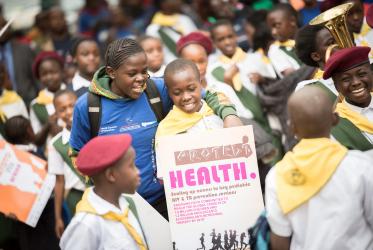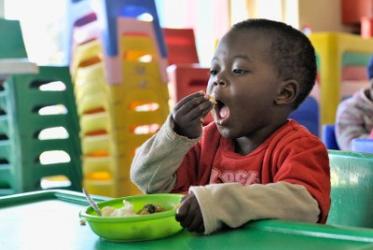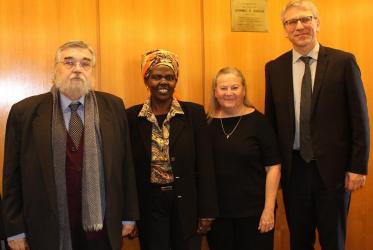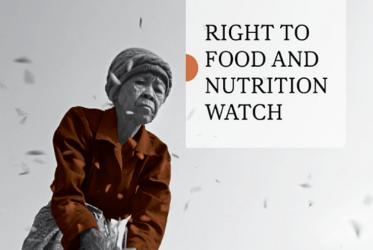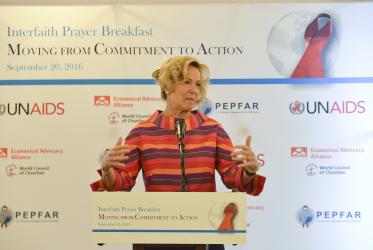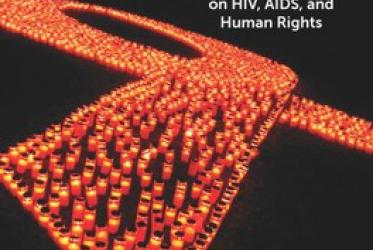Displaying 41 - 60 of 127
Faith on the fast-track - for children living with HIV
13 September 2017
UN discussion focuses on women, HIV and property rights
21 March 2017
Lead by example: get HIV tested
30 November 2016
Workshops reveal impact of Reformation on today's social issues
07 November 2016
Faith-based groups bring hope for a fast-track HIV response
20 September 2016
WCC book featured in UN discussion on gender, religions and health
16 September 2016


